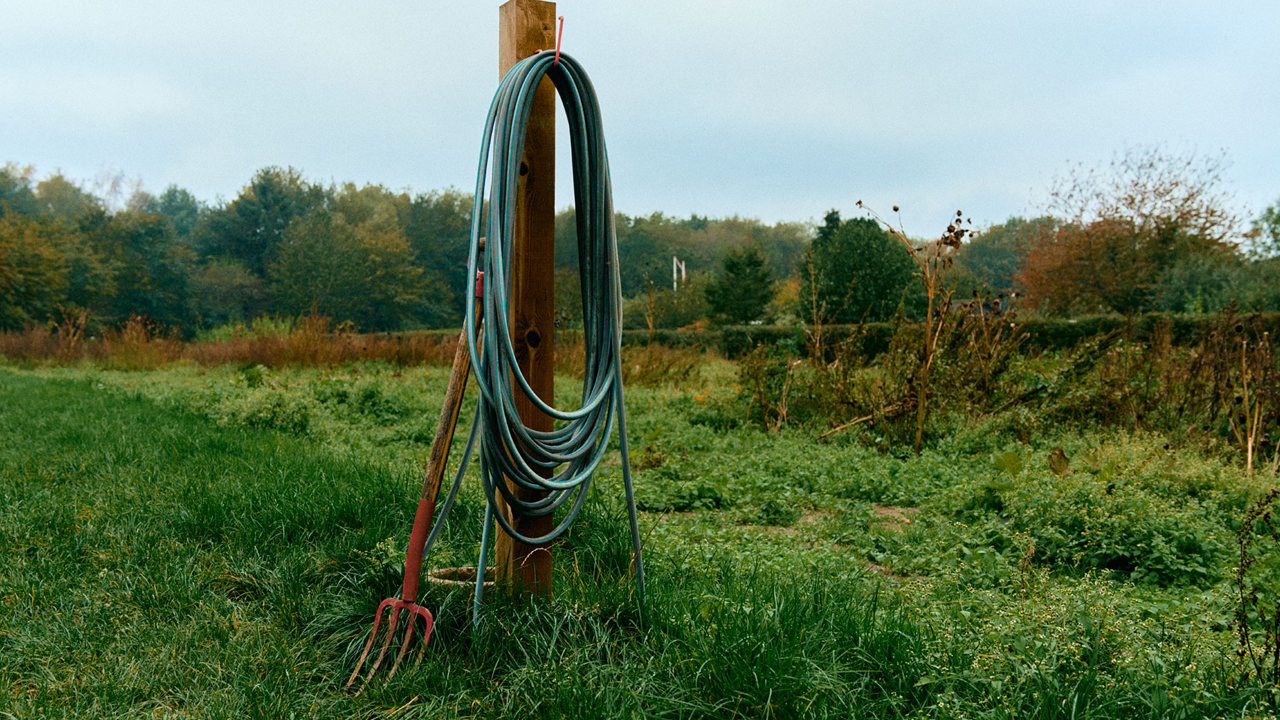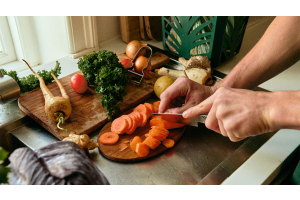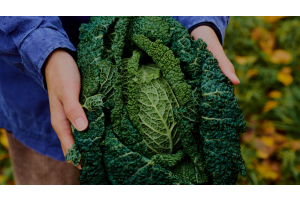Monthly Archives: March 2023
-
Posted: December 06, 2023Read more »
Research confirms that we are already consuming microplastics, and the recent discovery of these particles in the livers of fish suggests that they can migrate from the digestive system to other parts of the body. The latest studies even indicate that microscopic plastic particles end up in our lungs, settling or penetrating further into our bloodstream. The full extent of the damage is not yet fully understood, but surely it isn’t good.
The ongoing use of conventional plastic Mulch Film seems odd to us, when we know the drastic impact of microplastics on soil use and balance - and when we already know how to produce an alternative that leave zero microplastics behind. Biobag offers a fully compostable and biodegradable Mulch Film that is certified OK biodegradable SOIL. It has the exact same functionalities as the environmentally damaging conventional version, but WITHOUT the negative environmental consequences of persistent microplastics.
-
Posted: December 06, 2023Categories: Organic waste, Waste solutions, Environmental Impact, Bioeconomy, Soil health, MicroplasticsRead more »
1. Avoid microplastics in the field
Biobags are certified fully compostable and will always disappear within a brief period, in contrast to conventional plastics which will enter our environment for at least hundred years and circle around as damaging microplastics. When food waste is collected in a biobag destined for biogas production or turned into compost for agricultural land, Biobags will not leave microplast in the soil. The conditions under which the -
Posted: March 09, 2023Read more »
Feathers and film
“Feathers are an incredible natural material, and we were thinking about how we could harness some of the existing properties and use them for useful things in our societies and economies. They could be used in the fight to avoid the use of plastic” CEO and co-founder of Aeropowder Ryan Robinson explains.
“We started with a practical mindset. The big picture question was initially: can we make a feather-based product, and will it insulate? To be honest, at the beginning the outer lining was not as critical. The insulation performance was the main thing we needed to understand. So, at first, we used a standard polyethylene liner – conventional and commonly used all around the world for many applications.”
Once Aeropowder figured those first questions out, they asked themselves: How do we move away from the traditional plastic material and move on to better alternatives? “This is when we came across the film from B
-
Posted: January 31, 2023Categories: Organic waste, Waste solutions, Environmental Impact, Bioeconomy, Soil health, MicroplasticsRead more »
How can bioplastic contribute to healthy soil?
We think it is essential that the EU, in its Soil Strategy, includes compostable plastic as an important factor in the restoration and maintenance of healthy soil. Collecting and composting the huge amounts of organic waste that we humans generate is a sustainable, good, and meaningful way to improve our soil. Giving all this organic material back to the soil will improve the soil quality. It will give back valuable nutrients and microorganisms, so that the soil becomes healthier and more resistant to, for example, drought and heavy rain. It will also maintain the soil fertile for growing food in a healthy and valuable circular economy. When sorting and collecting food waste, studies in several EU countries show that if sorted food waste is collected in bio bags, the quantity as well as the quality of the collected food waste is increased. The more food waste collected and used to improve our soil, the better.





